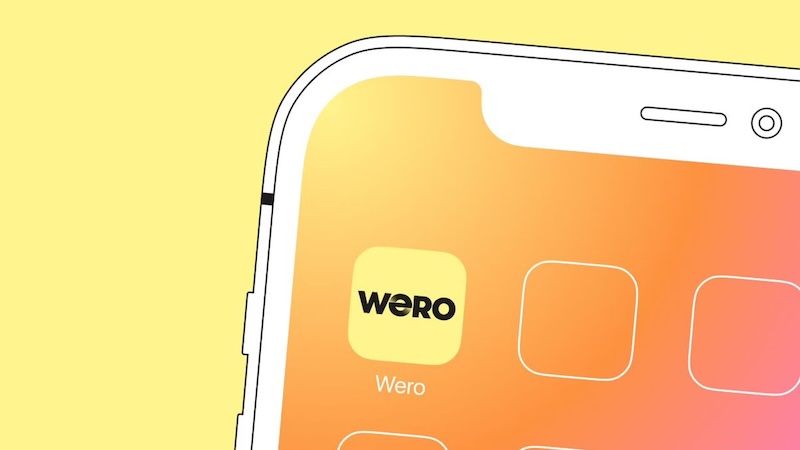
The Wero payment service promises cross-border sending and receiving of money in real time. The system should be particularly secure and represent a European alternative to services such as PayPal. We’ll tell you how the Wero Wallet works.
Until now, online payments were usually only possible by credit card or via third-party providers such as PayPal, Google Pay or Apple Pay. However, such digital wallets or credit card payments also have their pitfalls. Both credit card data and login data for digital wallets are a popular target for criminals who can steal data and information using so-called phishing attacks.
The market for digital wallets is also primarily dominated by US companies. The Wero payment service is therefore intended to represent an alternative and is the European answer to providers such as PayPal and Co. The focus is primarily on the issue of security.
PayPal alternative: What is Wero?
Wero is a project of the European Payment Initiative (EPI), an association of several European banks and financial institutions. The aim of the initiative is to simplify online payments within Europe and increase security.
In July 2024, the Wero Wallet launched in Germany, France and Belgium. According to official information other countries are expected to follow soon. To date, 16 European banks and financial institutions support the system. The aim is for over 75 percent of private bank customers in Germany, France and Belgium to be able to use the payment service in the future.
Wero is not only intended to simplify and make online payments more secure in terms of data protection. The wallet is also intended to solve another problem: In the future, users will have the opportunity to process “person-to-person” (P2P) payments between different European banks free of charge and within seconds – without third-party providers.
How does Wero work?
Thanks to Wero, consumers who want to send money privately will no longer have to register with the same third-party provider in the future. The payment service cooperates with numerous European banks and financial institutions. In Germany, these include the Deutsche Bank, the Sparkasse and the Volks- and Raiffeisenbanken – more are to follow.
Bank customers can use Wero by logging in with their online banking details. The wallet initially only allows direct person-to-person transfers. The payments are based on SEPA real-time transfers. They will be debited from your checking account in less than ten seconds.
From 2025, additional functions such as the ability to make payments in online shops will be added. From 2026, Wero will also be available in stationary retail. Whether the payment service turns out to be a real alternative to credit cards, PayPal and the like will then become apparent at the latest.
Activate and set up Wero Wallet – this is how it works
- Start app: Open your banking app and click on Wero.
- Activate wallet: Log in and add your bank account to activate your Wero Wallet.
- Select contact: To send money, the recipient’s cell phone number or email address must be in your contact list.
- Enter amount and send money: Enter the amount you want to send, add a personal message and click “Confirm Payment”. The amount will then reach the recipient within ten seconds at the latest and will be deducted directly from your bank account.
Also interesting:
- Activate Google Maps location history – you’ve already been to these places
- Why there is no super app in Germany yet
- Google Maps: This is how you can activate the 3D view for navigation
- WhatsApp: This is how you can hide your IP address during calls
The article PayPal alternative: How does the Wero payment service work? by Fabian Peters first appeared on BASIC thinking. Follow us too Facebook, Twitter and Instagram.